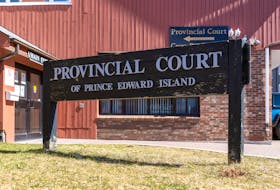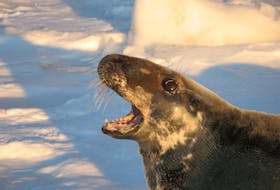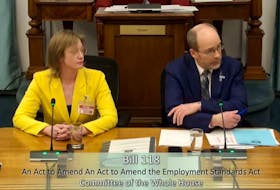The P.E.I. Liberals may be the preferred party among Islanders, but they are also at their lowest level of support since February 2004, according to the latest Corporate Research Associates poll results.
Those results released today show 37 per cent of decided voters would choose the Liberals in an election, which was down from 45 per cent in August.
CRA said it was the lowest level for the party since February 2004.
The poll shows the PC Party has the support of 28 per cent of decided voters with the Green party at 25 per cent and the NDP at 11 per cent.
It also showed 27 per cent of Islanders were undecided while 10 per cent had no preference, didn’t plan to vote or refused to say.
RELATED: Support for P.E.I. Liberals rebounds: CRA poll
Green party leader Peter Bevan-Baker remains the most popular leader at 33 per cent, which was a drop of four percentage points since August.
Premier Wade MacLauchlan’s personal popularity stayed almost the same as in August with 27 per cent of Islanders listing him as their preference for premier.
New PC Party leader James Aylward was the choice of 14 per cent of Islanders, which was a one-percentage point increase over former interim leader Jamie Fox.
NDP leader Mike Redmond was the preferred premier of six per cent of Islanders.
The quarterly poll had a sample size of 600 people interviewed between Nov.1-30 and has an overall margin of error of plus or minus four percentage points with a 95 per cent confidence level.

![['The corporate logo of Corporate Research Associates of Halifax that does polling four times per year of political leadership across the region.']](https://saltwire.imgix.net/tg-06122016-cra-logo.jpg?cs=srgb&fit=crop&h=568&w=847&dpr=1&auto=enhance%2Ccompress%2Cformat)







